The École Hôtelière de Lausanne dates back to 1893 and was the world’s first training college dedicated to the hospitality industry. It is commonly regarded as the most globally prestigious of its type to this day, training 2,000 students from 90 countries annually. Craig Claiborne studied here before moving back to New York to become the very first New York Times food critic, as he felt that the training here would equip him perfectly for reviewing restaurants from a basis of experience. The school have a restaurant that they to allow students to practise on members of the general public. Its name, Berceau de Sens, means “cradle of meaning” and reflects its position as part of the training school.
The culinary school is located high up on the hillside of Lausanne, the restaurant Berceau de Sens being accessed through the main reception of the school. The dining room seats sixty diners and has a picture window to one side of the room. Students study all aspects of hospitality in their four year degree course, from cooking skills through to hotel management, finance and restaurant service, even laundry. On the night that I visited the kitchen was overseen by Christophe Pacheco, one of six “MOFs” working at the college. A MOF, or Mellieur Ouvrier de France, is the toughest qualification to earn as a chef in France (see the documentary “Kings of Pastry” to get an idea of how tough). Mr Pachecho had worked with Joel Robuchon in Paris in the days of the legendary restaurant Jamin, and he earned a Michelin star in his own right at Les Armes de France. A dozen students worked under his guidance in the kitchen tonight.
A four-course menu was priced at CHF 69 (£46), five courses at CHF 85 and six courses at CHF 100. The wine list had about 300 labels and had a smattering of wines from California, Spain and beyond as well as the expected list of French wines and several Swiss wines. Salta Torrontes Bodega Colome 2013 was CHf 33 for a wine that you can find in the high street for about CHF 15, Cape Mentelle Sauvignon Blanc 2012 was CHF 50 for a wine that you can find in the high street for around CHF 20, and Vega Sicilia Alion 2008 was CHF 141 for a wine that retails at CHF 78.
The meal began with nibbles of Parmesan pastry and a sable flavoured with citrus zest, which were pleasant, the pastry having good cheese flavour (13/20). This was followed by an amuse bouche of carpaccio of fera, the local lake fish and melon, alongside a cup of prawn consommé. The soup was made correctly and had a clear appearance but could have had deeper flavour, while the fera was pleasant, though I was less sure about the melon as an accompaniment (13/20). Bread was made from scratch in the kitchens and was very good. Baguette had nice texture, the best of the breads being a house bread made using three different flours (15/20).
The formal menu began with white asparagus and herbs with blobs of Hollandaise sauce, alongside a millefeuille of smoked salmon layered with lightly jellied asparagus cream, glazed with “crème Argenteuil” (asparagus mixed with lightly cooked béchamel, and garnished with salmon roe. The asparagus was correctly cooked and the sauce well-made, the salmon technically clever but having rather limited flavour, as salmon tends to have these days (13/20). This was followed by crab maki with cucumber ribbon, silken tofu, vegetable tempura and ginger vinaigrette. The crab had quite good flavour, the ginger overly subtle to my taste, the tempura reasonable but the batter slightly clumsy (13/20).
The meal stepped up a gear with red mullet, courgette socca (chickpea flatbread) with violet artichoke barigoule (artichoke hearts stewed in white wine). The mullet had excellent flavour and was precisely cooked, the artichokes tender, the dish prettily presented. I have eaten worse dishes in Michelin starred restaurants than this (15/20).
The final savoury course was a deconstructed beef Wellington. Here fillet of Swiss beef was served on a flat pastry base, with mushroom duxelle to one side, along with a broccoli puree and a port wine reduction. The best element was the reduction, which was intense and clear, the beef properly cooked and the mushrooms having good flavour. Compared to a classical beef Wellington, the pastry element was rathe lost, but this was certainly a good dish (14/20). A selection of cheeses was presented on a trolley and the ones I sampled were in good condition, such as a smooth Saint-Maure de Touraine and a punchy Emmenthal.
A pre dessert of black cherry marmalade with lemon foam and fig sorbet was pleasant enough, the fruit flavour coming through well (14/20). Dessert was pineapple and coconut vacherin with meringue, the fruit flavour strong and balanced, the texture very good (14/20). Coffee was from a local Italian roaster and was smooth and full bodied. Petit fours comprised a chocolate with passion fruit on a pastry base, pistachio tartlet and a red fruit pearl.
The service operation was supervised by the silky smooth Eric Doerr, formerly maitre d' of The Fat Duck. Service was conducted by first year students, and as it happened the night that I visited was the very first night of service for these students. Despite their lack of experience the service was surprisingly effective, with the wine, water and bread topping up faultless. There were some minor glitches, as one might expect, but these were efficiently smoothed over by the supervisors, and the young staff did a fine job. My waitress, originally from Auckland, was charming and diligent, and although she needed a little prompting with some of the cheese names, she performed very well.
The bill came to CHF 153 (£102) for the longest tasting menu plus a nice bottle of German Riesling. If you ordered a la carte and shared a bottle of modest wine then a typical all-in bill would be around CHF 100 (GBP 66) a head. Overall the Berceau des Sens provided a most enjoyable experience, the food of a surprisingly high standard and the service lovely. The ingredient quality was reasonable, but seemed to be the limiting factor, as the students do not appear to be given ultra-premium ingredients to work with, which is hardly surprising given the nature of the restaurant. If you are in the Lausanne area then do give Berceau des Sens a try.
















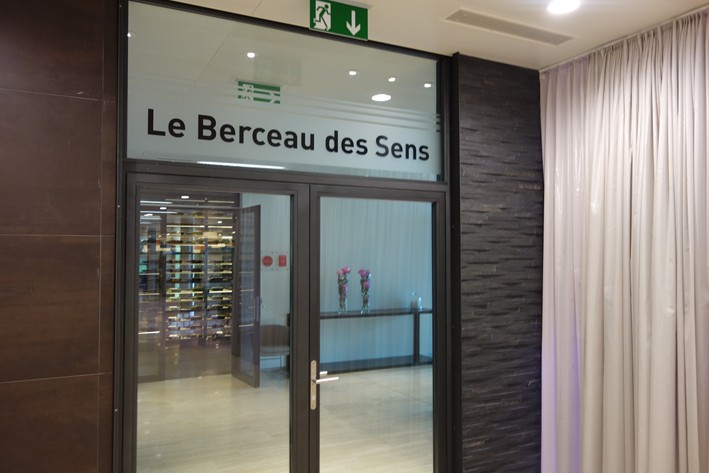

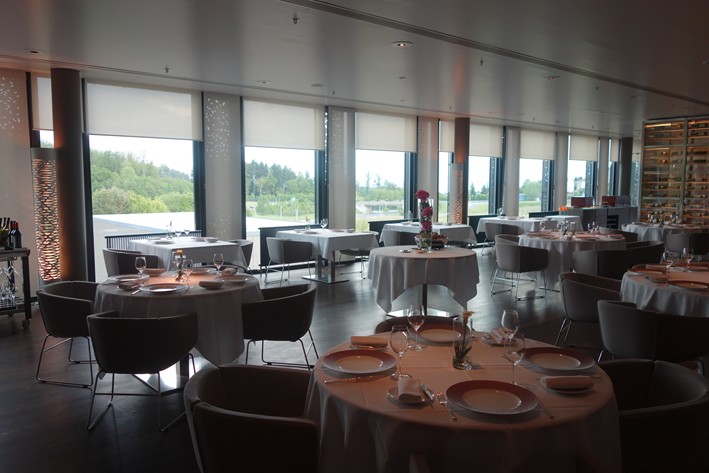
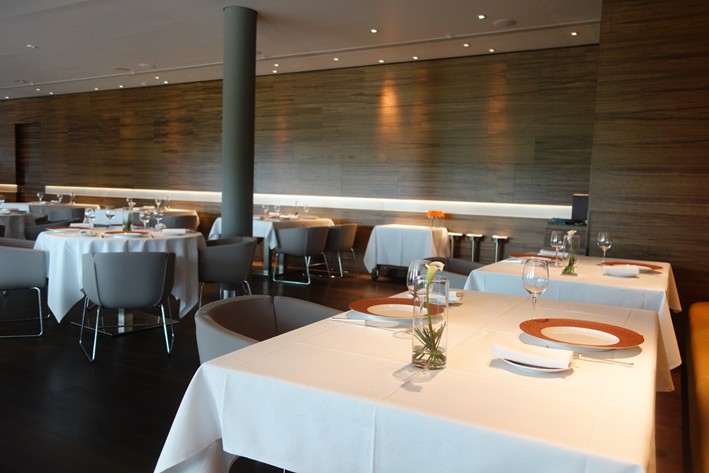
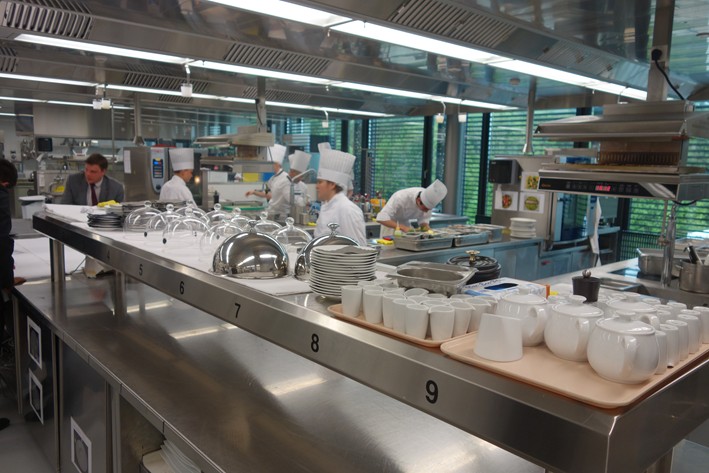
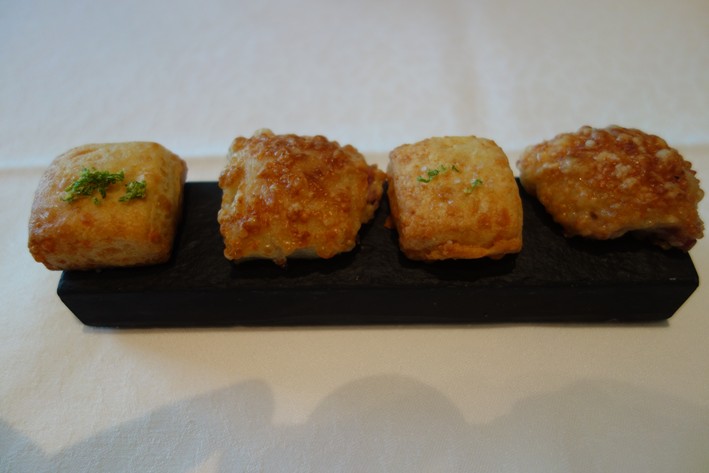
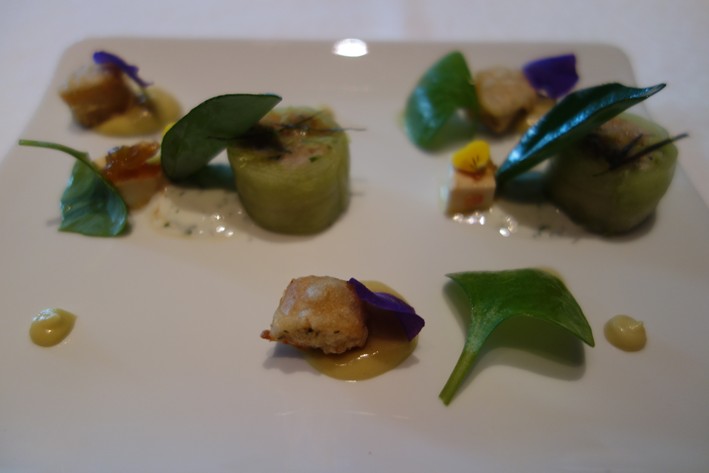
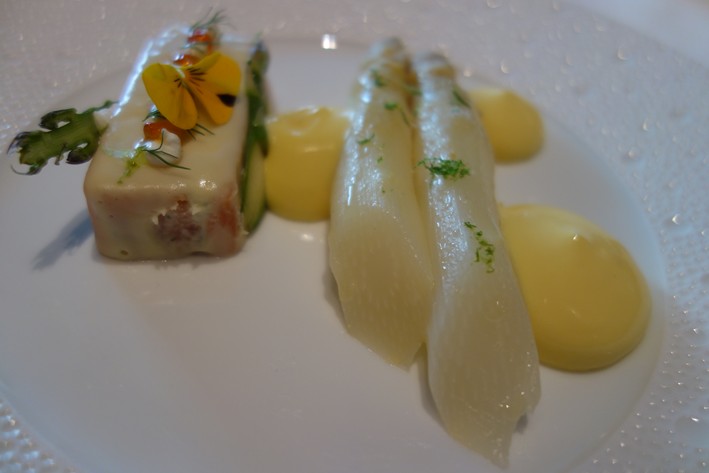
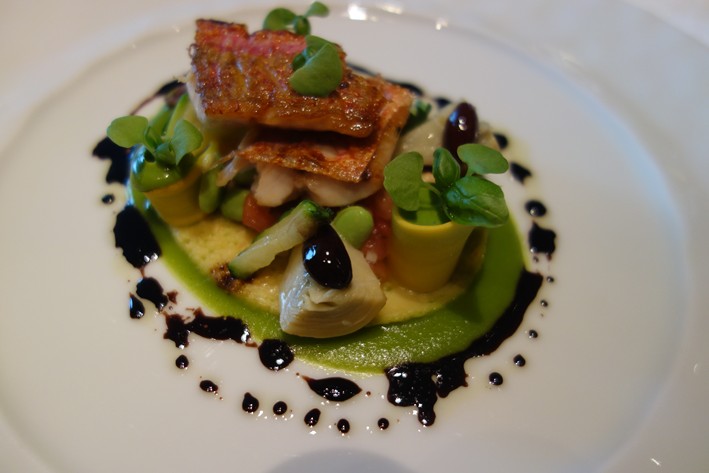
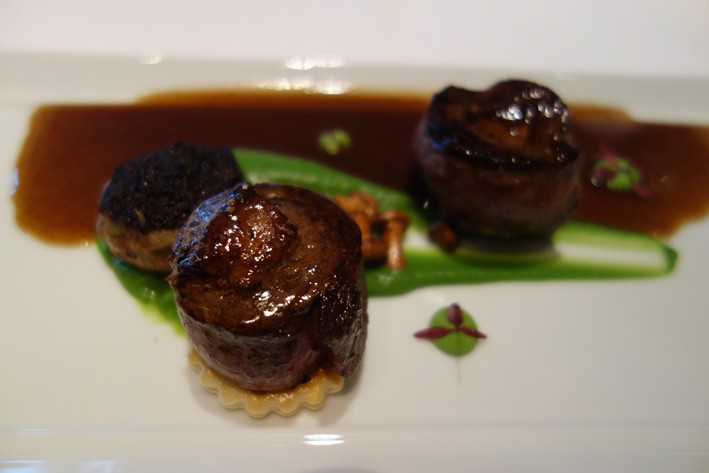
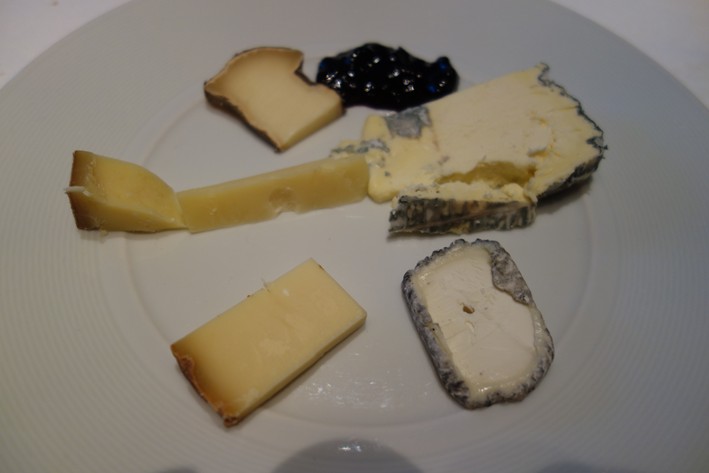
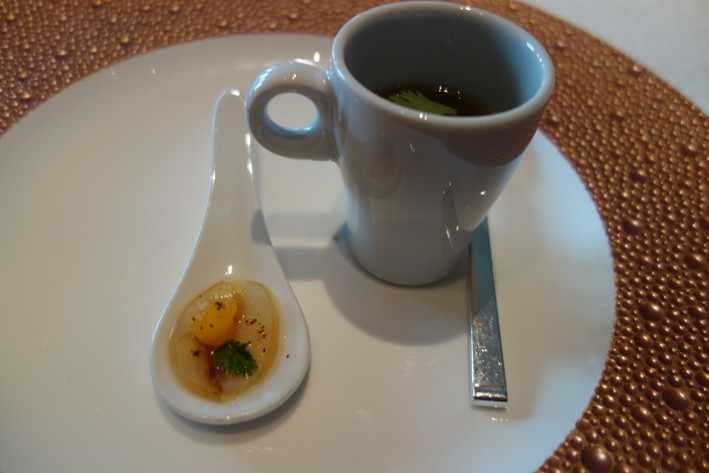
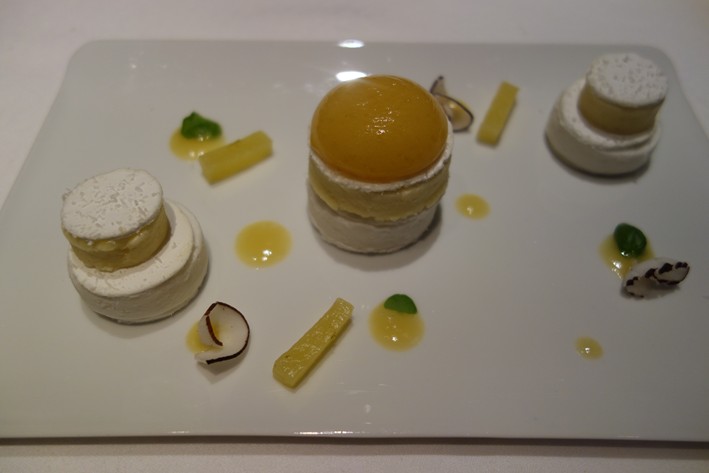
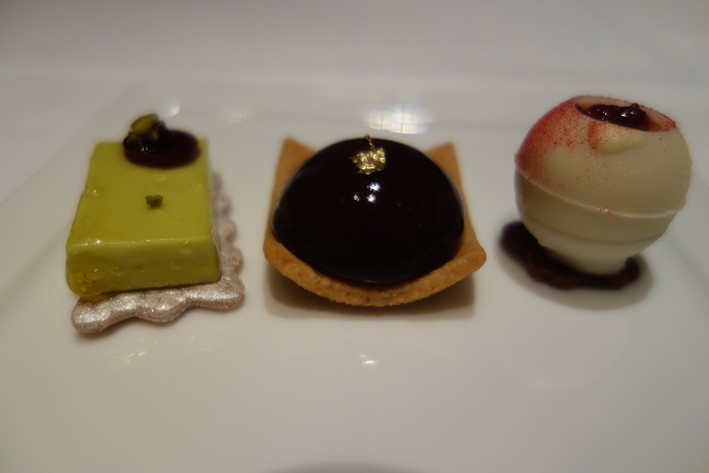
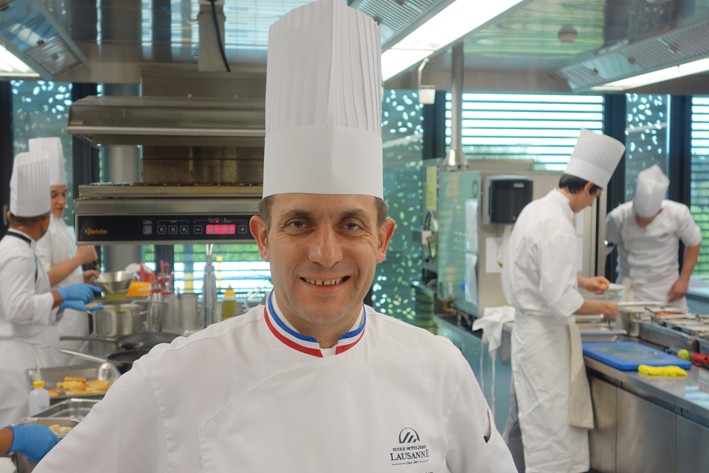

Add a comment
Thank you for submitting your comment, this will be checked and added to the website very soon.
User comments